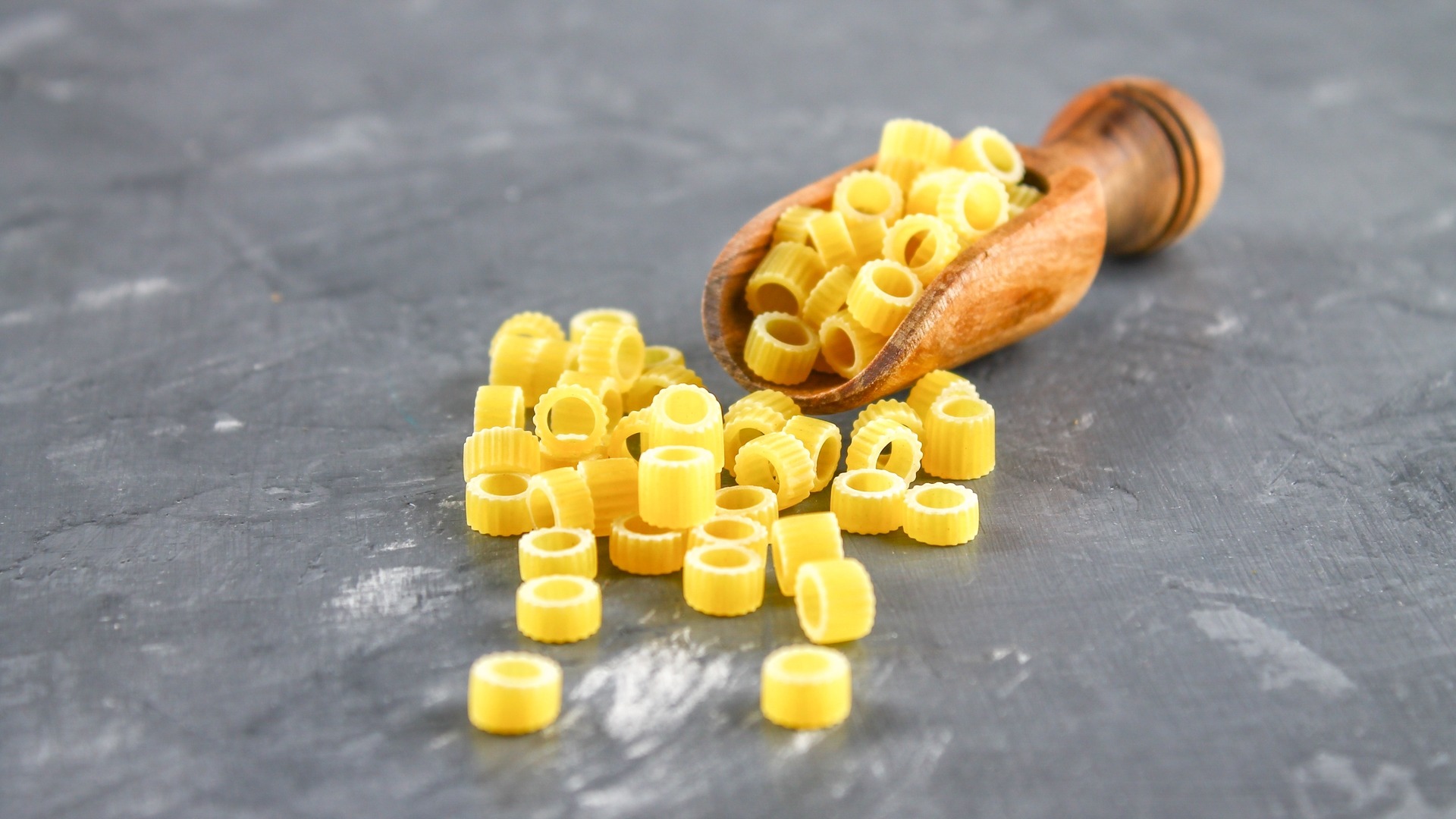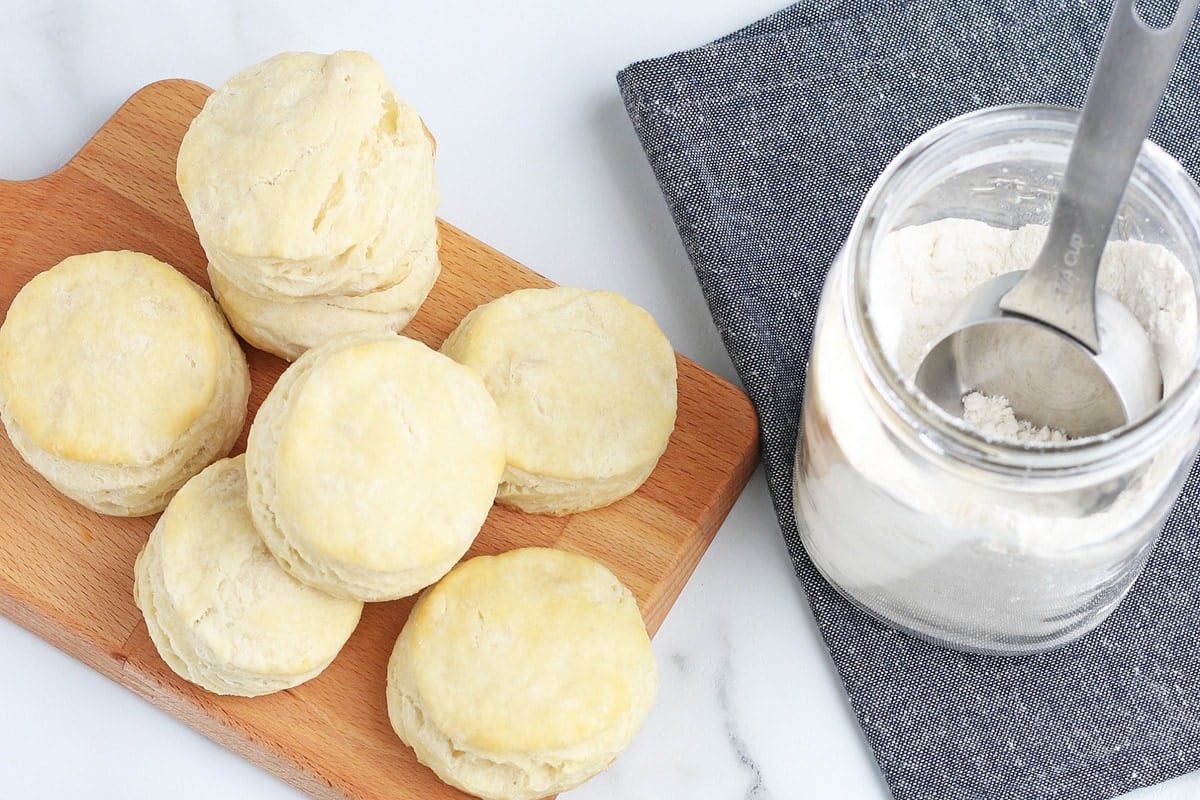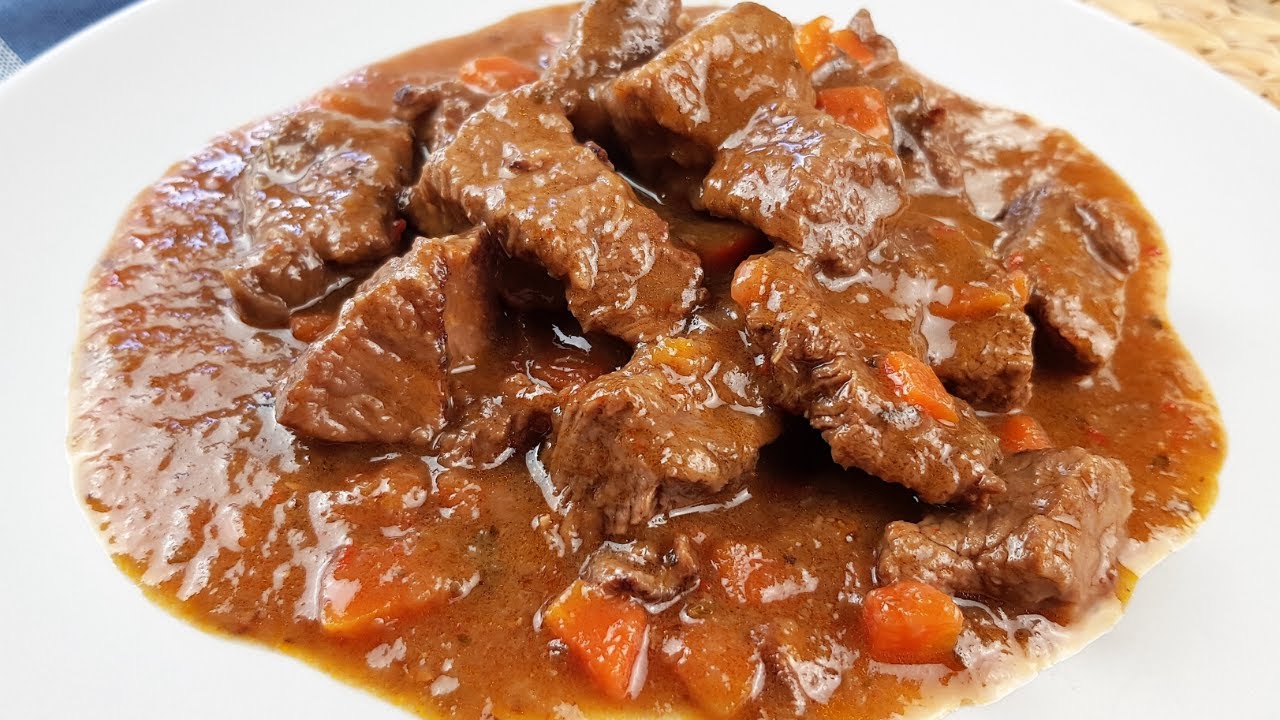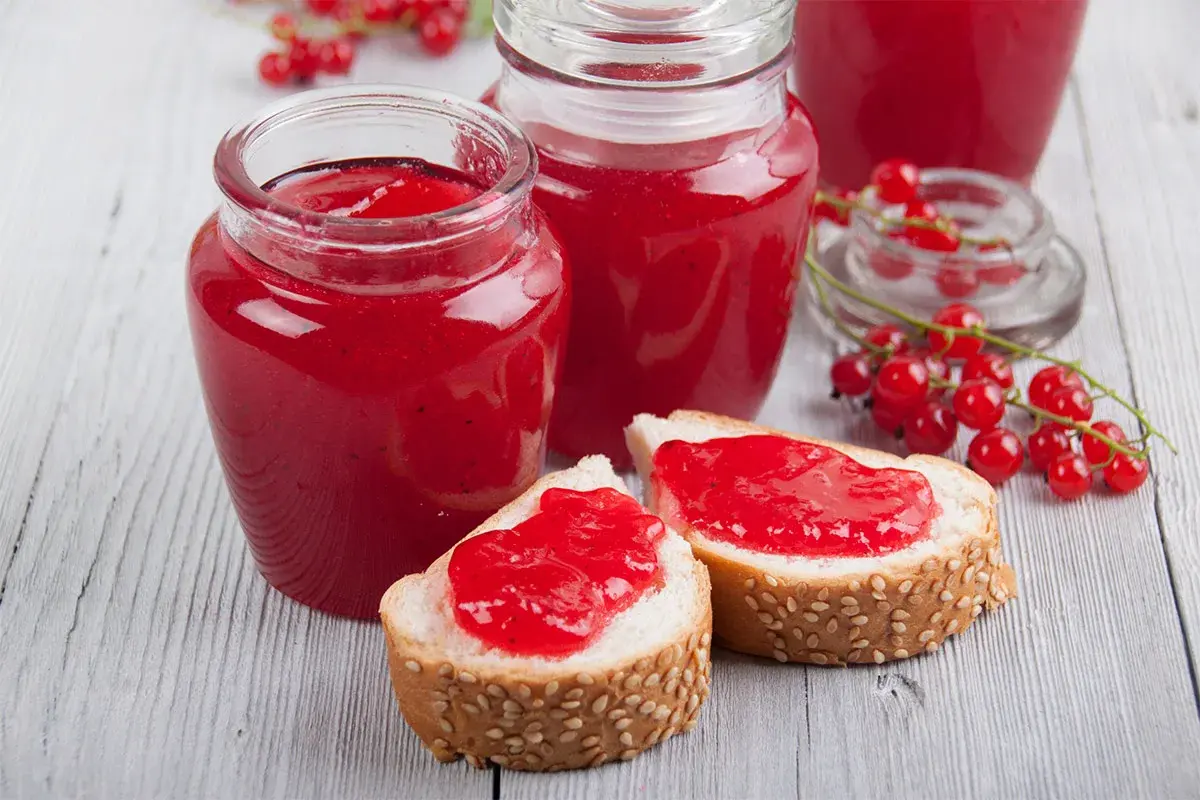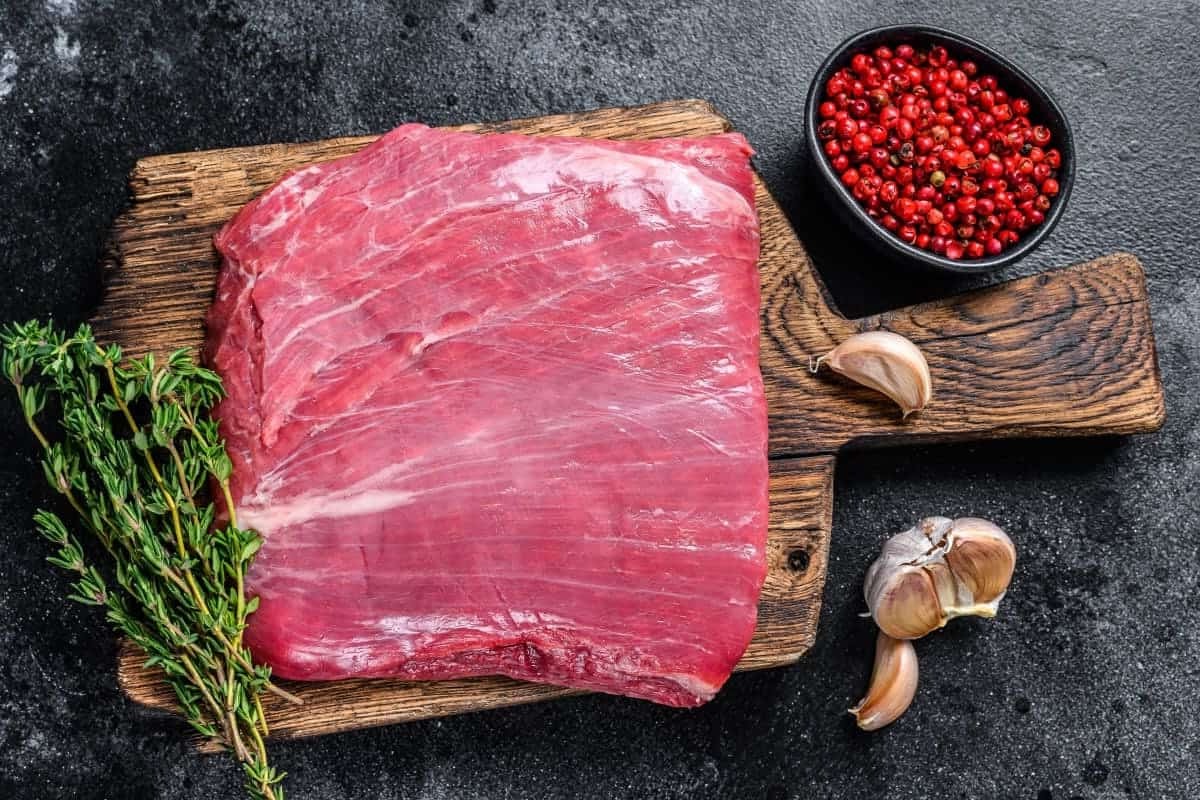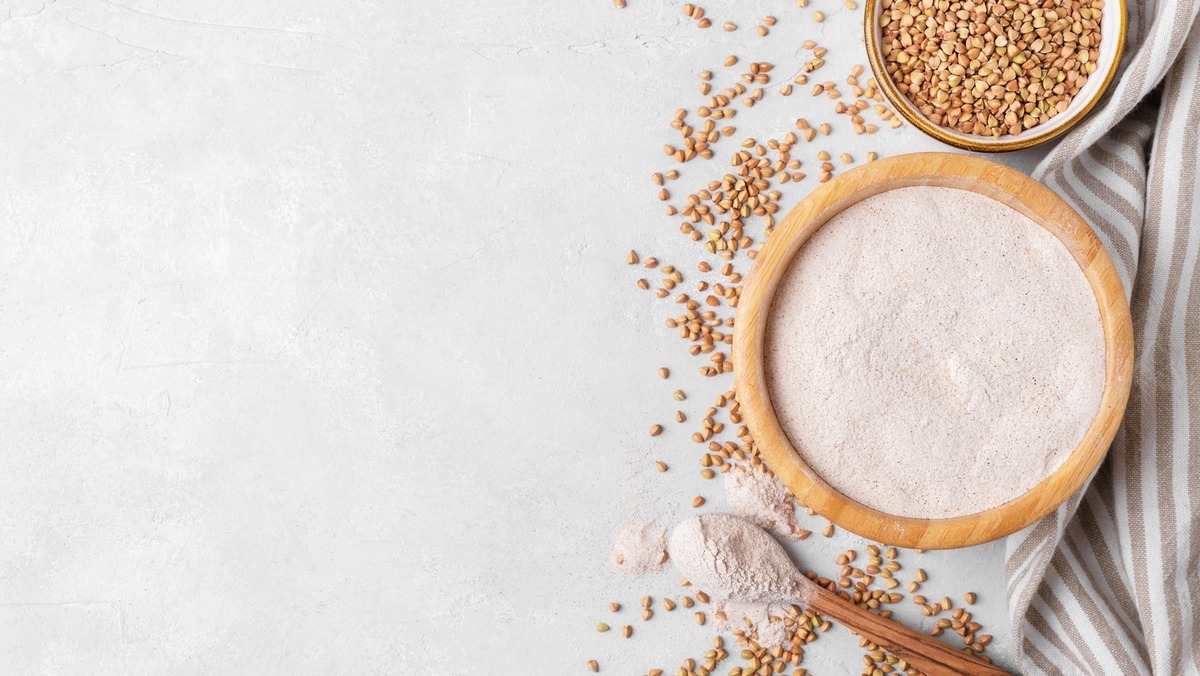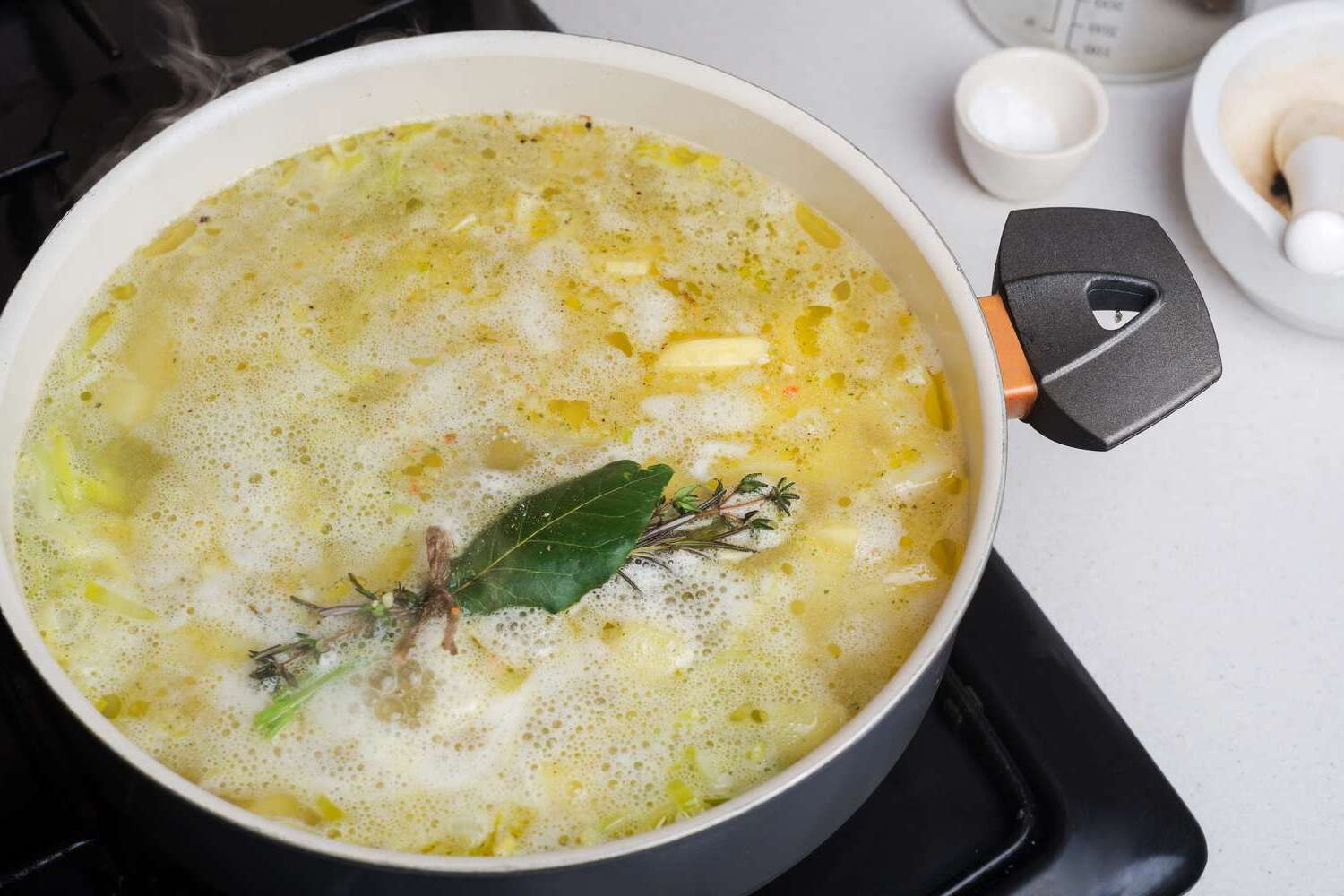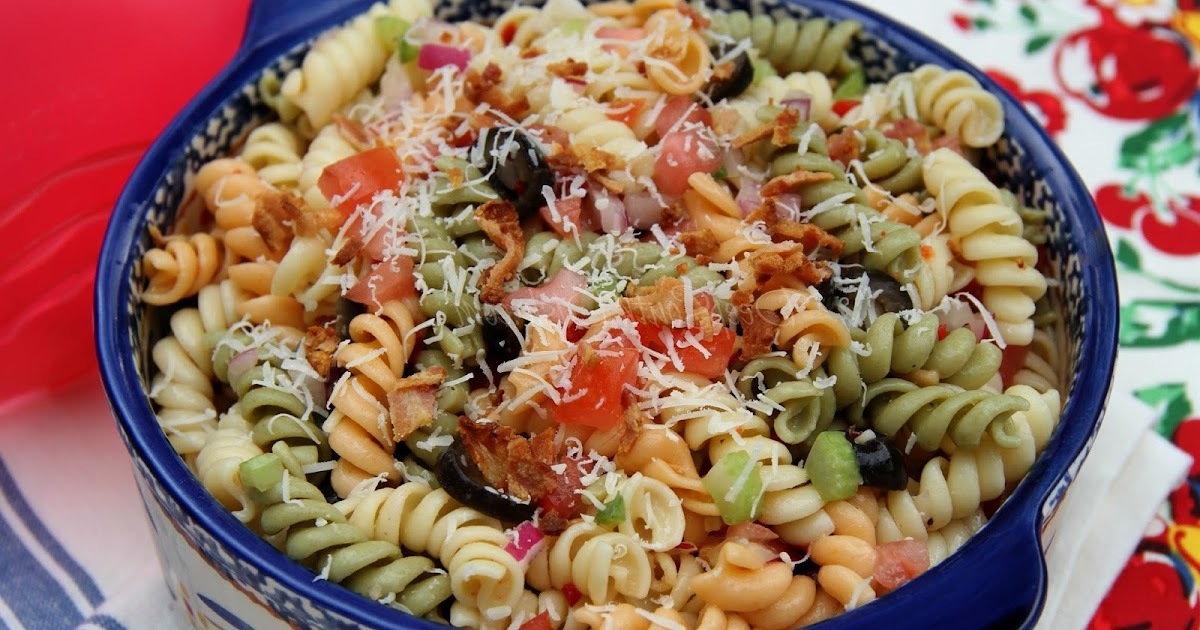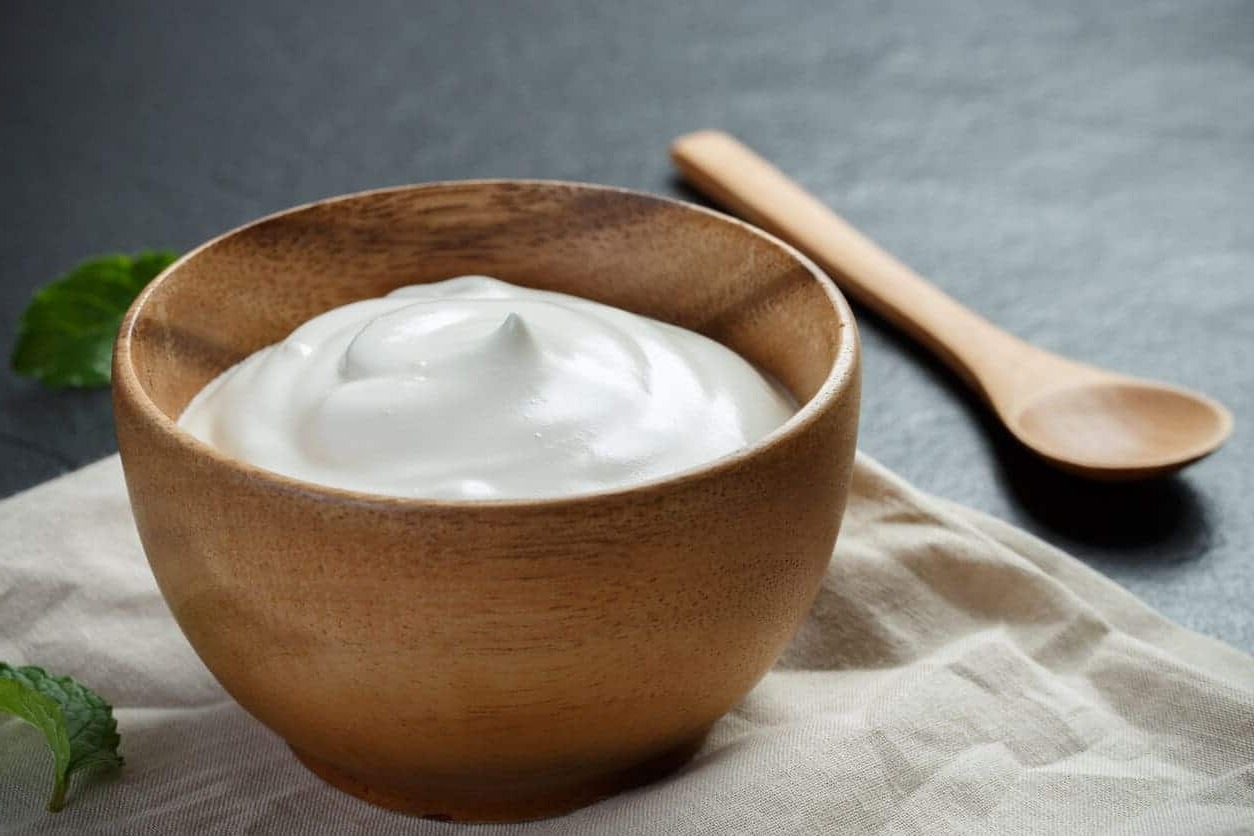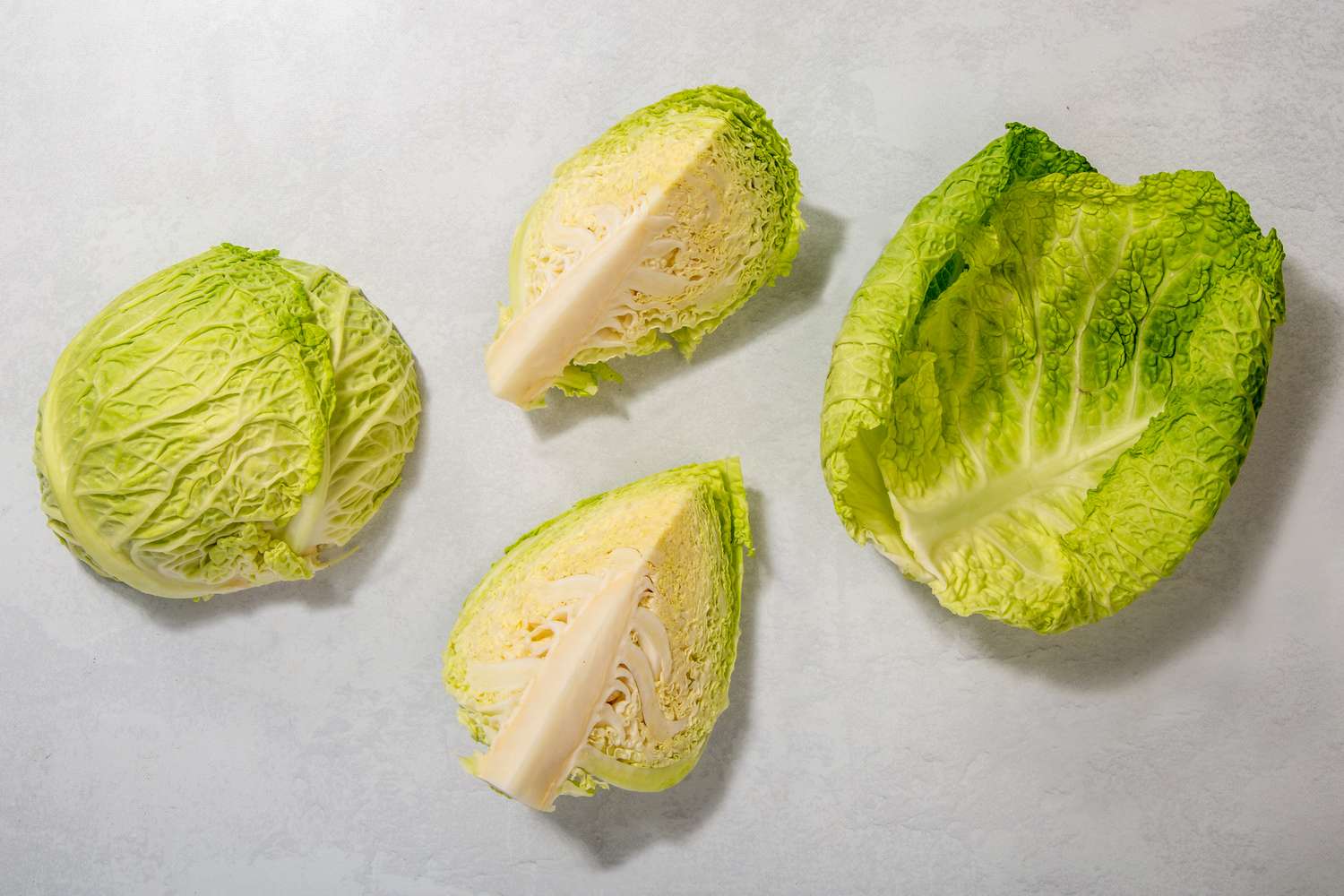When it comes to cooking, there are many terms and techniques that can be confusing, especially for beginners. Two commonly used terms in the culinary world are roux and béchamel. While they are both used as bases for many delicious dishes, they serve different purposes and have distinct characteristics. In this article, we'll explore the difference between roux and béchamel to help you understand how they are used in cooking.
Roux
Roux is a mixture of equal parts fat and flour that is used as a thickening agent in sauces, soups, and stews. It is a fundamental element in classic French cooking and is also used in many other cuisines around the world. There are three main types of roux: white, blond, and brown, which are distinguished by the length of time the mixture is cooked.
-
White Roux: This is the lightest type of roux, made by cooking the fat and flour together for a short period of time. It is used in dishes where a light color and subtle flavor are desired, such as in white sauces and soups.
-
Blond Roux: A slightly darker version of roux, blond roux is cooked for a longer time to achieve a golden color. It has a nutty aroma and is often used in dishes like velouté sauce and some gravies.
-
Brown Roux: This roux is cooked until it reaches a deep brown color, resulting in a rich, nutty flavor. It is commonly used in dishes like gumbo and some Cajun and Creole cuisines.
Béchamel
Béchamel is a classic French white sauce made from a roux base and milk. It is one of the five mother sauces in French cuisine and serves as the foundation for many other sauces. Béchamel is known for its smooth, creamy texture and is often flavored with ingredients such as onion, nutmeg, and bay leaf.
- Ingredients: Béchamel sauce is made by combining a white roux with hot milk, which is then simmered until it thickens. The resulting sauce is versatile and can be used in dishes such as lasagna, macaroni and cheese, and gratins.
Key Differences
Now that we have a basic understanding of roux and béchamel, let's highlight the key differences between the two:
-
Purpose: Roux is primarily used as a thickening agent for sauces, soups, and stews, while béchamel is a specific type of sauce made from a roux base and milk.
-
Variations: Roux comes in different variations (white, blond, and brown) depending on the cooking time and color, while béchamel is a specific sauce made from a white roux and milk.
-
Applications: Roux is used as a base for a wide range of sauces and dishes, while béchamel is a standalone sauce that serves as the foundation for other sauces.
In conclusion, while roux and béchamel are related in that béchamel is made from a roux base, they serve different purposes in cooking. Roux is a versatile thickening agent, while béchamel is a creamy white sauce with its own unique characteristics. Understanding the difference between the two will not only enhance your cooking knowledge but also open up a world of culinary possibilities in the kitchen.
Was this page helpful?
Read Next: What Is Spanish Coffee?
